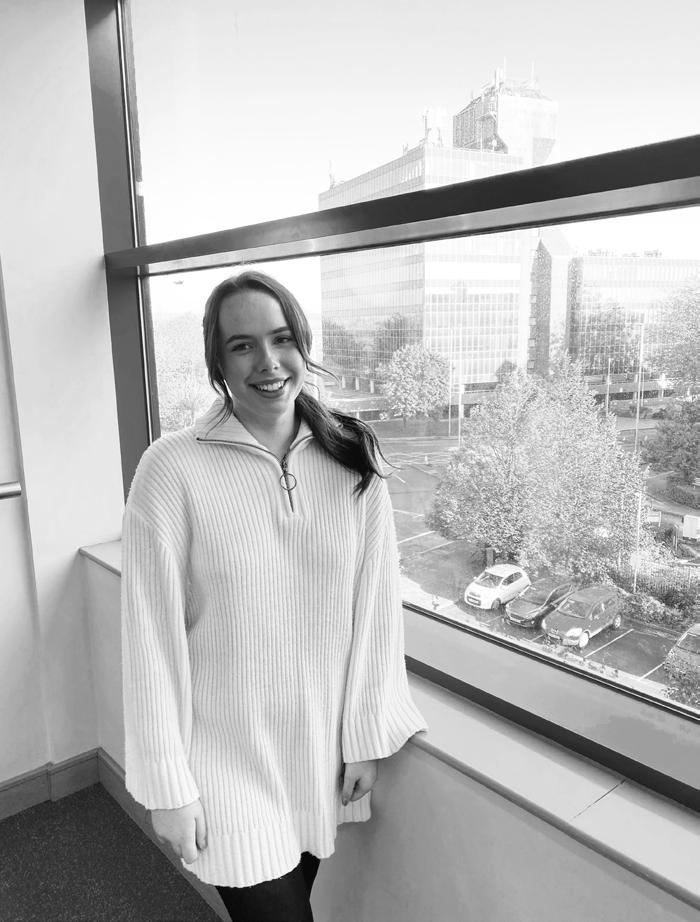
2 minute read
Harmful Cultural Practices
Stop Domestic Abuse offers specialist support for anyone affected by ‘honour’ based violence, female genital mutilation, forced marriage and other harmful cultural practices.
Nazia Shah works for Stop Domestic Abuse as a Community Development Worker - Harmful Cultural Practices. Read on to hear what she has to say about this vital area of work and the communities she is working with.
Advertisement
Why is this role so important at Stop Domestic Abuse?
When I was working as a community worker, many women used to come to me and share their experience of domestic abuse. At that time, I couldn’t identify the abusive behaviour they were going through. I just knew that they were not having happy, healthy relationships and I really wanted to understand, help and support them. The women who used to confide in me also used to tell me how British people would not understand their culture and how they felt they would be judged or not given the support they needed.
Is there a problem reporting domestic abuse in minority communities?
I unfortunately witness abusive and violent behaviour in my local community. Women do not report the abuse or violence they are going through because they feel that if they do, they would be shaming their families or community. Therefore, they would rather stay quiet and suffer in silence. This way of thinking is unfortunately common in many cultures but I knew I could understand their issues and build a good rapport with victims.
There is so much work to be done to encourage the reporting of domestic abuse in the minority ethnic communities. My work is a step towards an open culture in the area of domestic abuse.
Tell me about your role and any projects that you work on?
My job title includes the words ‘harmful cultural practices’. This means supporting the victims of domestic abuse who are also victims of honour-based abuse, forced marriages or female genital mutilation.
I give one-to-one emotional and practical support to victims and also offer training to professionals and communities about honour-based violence, forced marriages, FGM and other harmful cultural practices.
At the moment, I am trying to engage with women’s groups from minority ethnic communities in Hampshire as I cover the whole of the Stop Domestic Abuse area. It is also about identifying professionals who can benefit from education and training in harmful cultural practices so that they can give a tailored support to the community.

What sort of feedback have you had?
I recently offered training about female genital mutilation to professionals from different backgrounds (nurses, midwives, social workers and others) and got great interest and feedback from them.
How are you empowering women?
I also run a women’s group for ethnic minorities which aims to tackle isolation, combat loneliness and empower these women to lead and connect with others in their community.
an FGM training session.)
“The talk about honour-based abuse was insightful and useful. I know honourbased abuse happens mostly in my country, but I didn’t know it happens here too. I got to know this when we had the discussion within the women’s group. It’s useful, educative and makes people more aware. The group is also a great place for me. It really helps me mentally and means I can educate others on the issues.”
We offer wellbeing, awareness and informative sessions on many topics such as sexual health, parenting, mental health, domestic abuse and FGM. The women really enjoy connecting with each other. At one session, I gave awareness training about honour-based abuse and got great feedback from the attendees.
What is the best thing about your role and what you do?
The best thing about my job is seeing practically how my work has had a positive impact on a victim’s life. It is not easy though, as the victims go through many phases before being able to turn their life around and be the actor of their life. But these small phases, these small changes, mean a lot to them and to me too.







